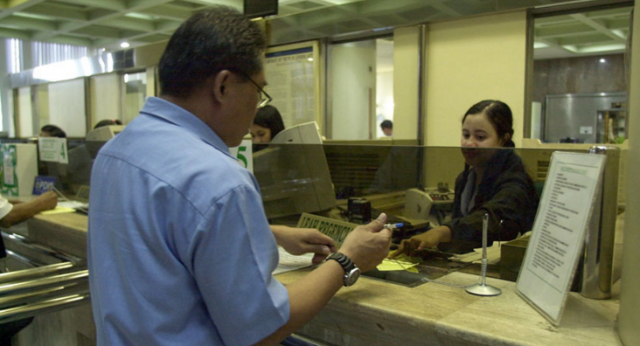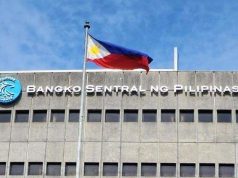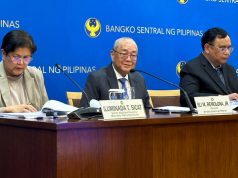
MANILA – The Philippines will soon be part of global statistics on cross-border banking after it has been accepted as a reporting institution by the Bank of International Settlements (BIS).
The Bangko Sentral ng Pilipinas (BSP) said the Philippines will join an “elite group” of less than 50 economies included in the international banking statistics (IBS) released by the global financial authority.
In a statement on Sunday, the central bank said it has cleared rigorous standards set by the BIS as it vouched for the quality of industry data maintained by the BSP. Hence, Philippine data will be included in BIS’ global aggregates on banking information starting this month.
“The participation of the Philippines in the IBS is a significant milestone [because] it confirms the international importance of the Philippine banking system,” BIS General Manager Agustin Carstens was quoted as saying in the statement.
Established in 1930, the BIS is an international organization that fosters cooperation among 60 central banks. It also prescribes global standards on bank supervision and financial stability via the Basel III framework.
“Our inclusion in the elite group provides us with more granular cross-border banking data that would be very critical in formulating well-informed policies when and how they may be needed,” BSP Governor Nestor A. Espenilla, Jr. said.
Starting this month, the BSP will report banking statistics to the international body that will include quarterly balance sheet positions of local banks reflecting both foreign and domestic credit, among other data.
There were 592 universal, commercial, thrift, rural and cooperative banks operating in the Philippines as of September 2017 running 10,980 branches and offices nationwide. Loans by these lenders reached P8.574 trillion as of end-November, against deposits worth P11.48 trillion, according to latest central bank data.
The Philippines is also one of the world’s biggest recipients of remittances and has grown foreign direct investments (FDI). In 2016, net FDI inflows reached $8 billion, while remittances from overseas Filipino workers amounted to $26.9 billion.




